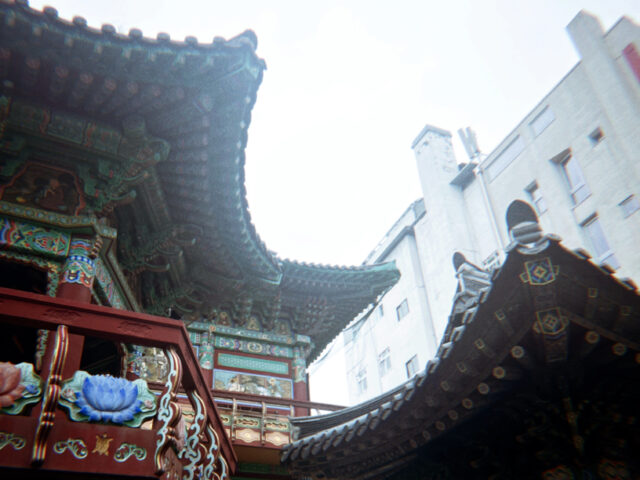Exploring new places is one of my favorite things. However, it is important to remember that one leaves a footprint on both a physical and psychological level when traveling. Here are some suggestions on how one can diminish any harmful effects of traveling and ultimately how to leave any destination better off than before you went.
1. Do your research
Before you partake in any tourist attraction, make sure you research the environmental and societal impacts. Research is particularly important if the activity involves animals or indigenous peoples, for these groups are often exploited. Do not get me wrong, I love interacting with wildlife and indigenous peoples, and just because an activity involves these groups, does not make it unethical. There are great places to visit, such as Currumbin Wildlife Sanctuary in Queensland, Australia, that rescues injured wildlife. But on the other, sad but unfortunately realistic, side of animal tourism, wildlife is illegally captured and often times mistreated. There are many unethical activities that target tourists, but you can help put an end to these by not partaking in them, and this means doing your research beforehand, not after.

2. Everything you came with, you should leave with
This seems like an obvious one, but make sure you clean up after yourself and do not litter! Some attractions do have staff that clean up after others, in which case do not create more work for them! But also remember many tourist sites do not have such crews and littering only hurts the environment and could potentially prevent future tourists from visiting! If you’re traveling to a remote location, there may not be very many places to dispose of trash, try to take a trash bag with you to rid of your garbage, and any garbage left behind by others, and you can dispose of it when you get back.

3. Respect the Culture
This ties closely with my tip to do your research. Make sure you know the local customs wherever you go. Remember that while you may be enjoying a fun vacation, many tourist attractions are aspects of some people’s everyday lives. Behavior that is normal to your culture, may be considered rude to others. This could includes taking pictures of places/people that should not/do not want to be photographed or not being cognizant of the local religion. One does not have to do extensive research, simply Google searching or asking a friend who has visited the same area, can help you get a better sense of what to expect and how to act. So if visiting a religious site where the custom is to cover up, then cover up. Hey, use it as an excuse to go buy yourself a cute new outfit as a souvenir.

4. Use a refillable water bottle
There are so many reasons why a refillable water bottle is better than plastic water bottles that you wastefully throw away after one use. Firstly, and most importantly, plastic water bottles are bad for the environment (did you know it can take 450 for plastic to degrade and up to 1000 to biodegrade?!). Secondly, it is more affordable for you to fill up your own bottle then to constantly buy new ones! And lastly, one of my favorite things about having a refillable water bottles is that you can plaster it with fun stickers from everywhere you travel.

5. Return tourist information
This last tip is one of my favorites and a new practice that I just started implementing into my own travel habits. Unless it has sentimental value to you and you want to keep it to remember the trip by, return any brochures or maps given to you so the site can reuse them for future visitors. In the past I used to always throw out any tourist information that I have received in the trash after I was done with it, thinking I was doing the environment a favor. But what is even better than not littering? Recycling!
Megan Shea is a TEAN Alum and student at the College of Charleston. She studied abroad with TEAN on the Gold Coast, Australia.







